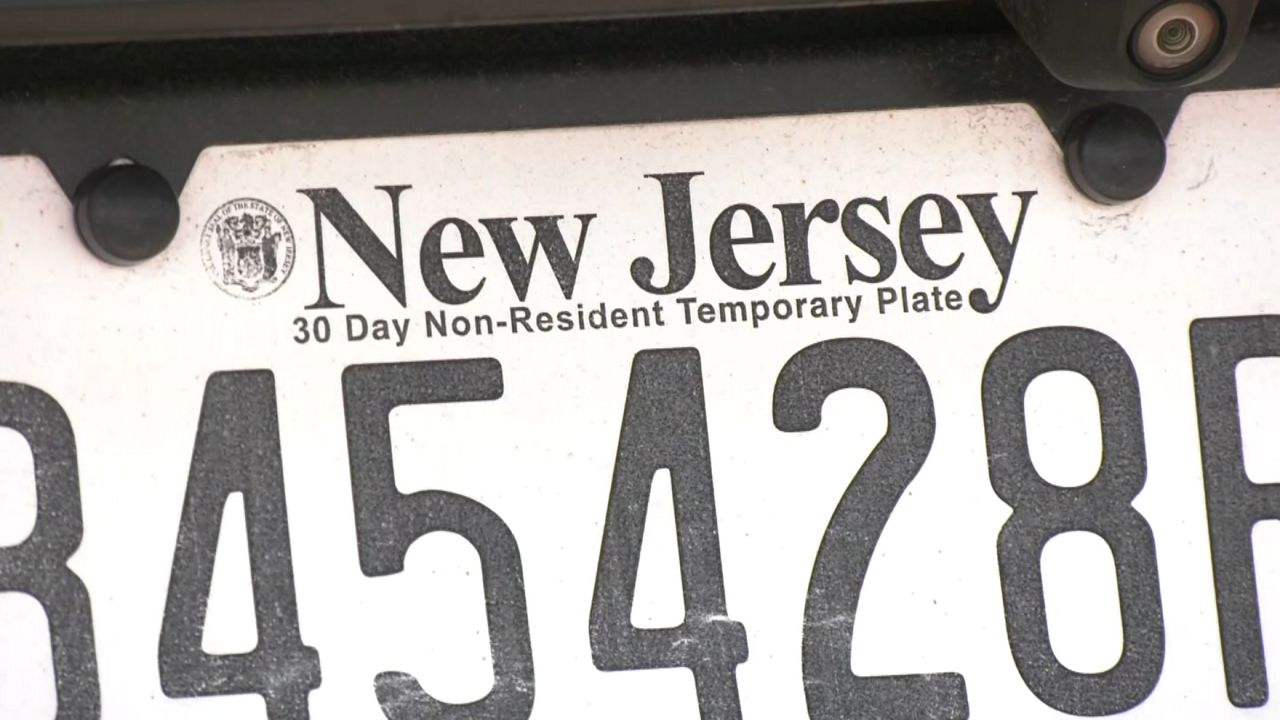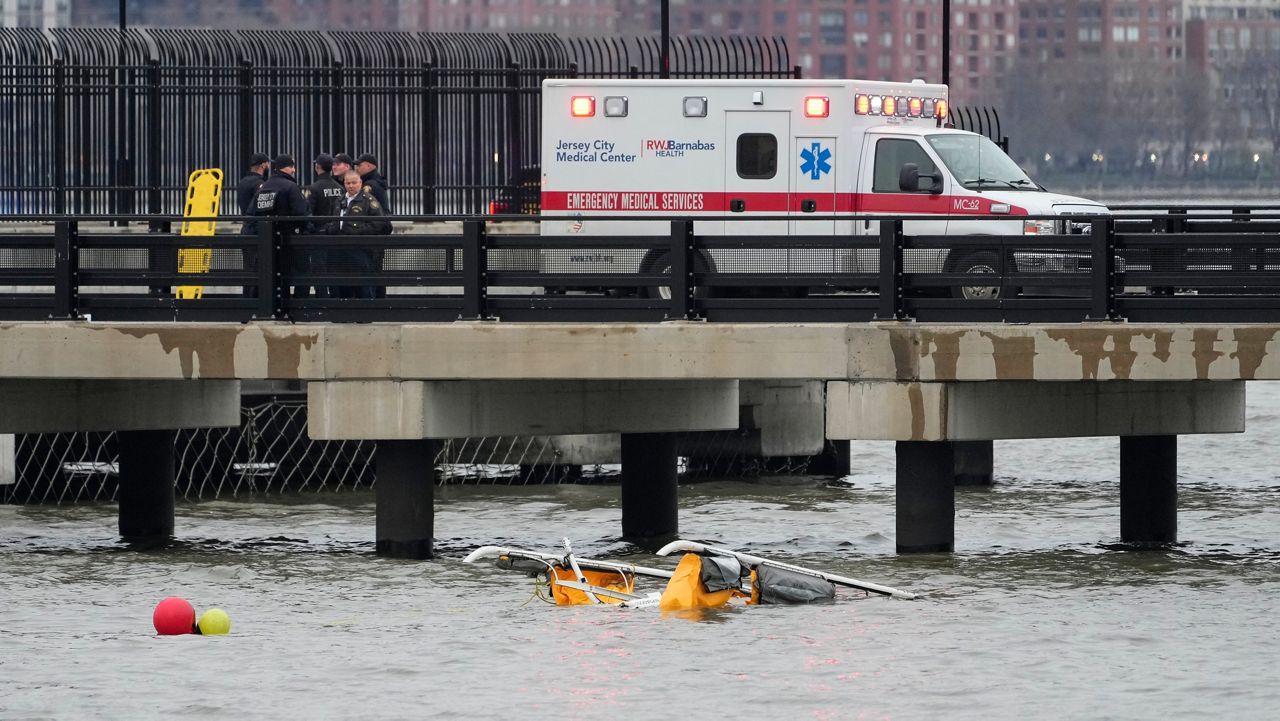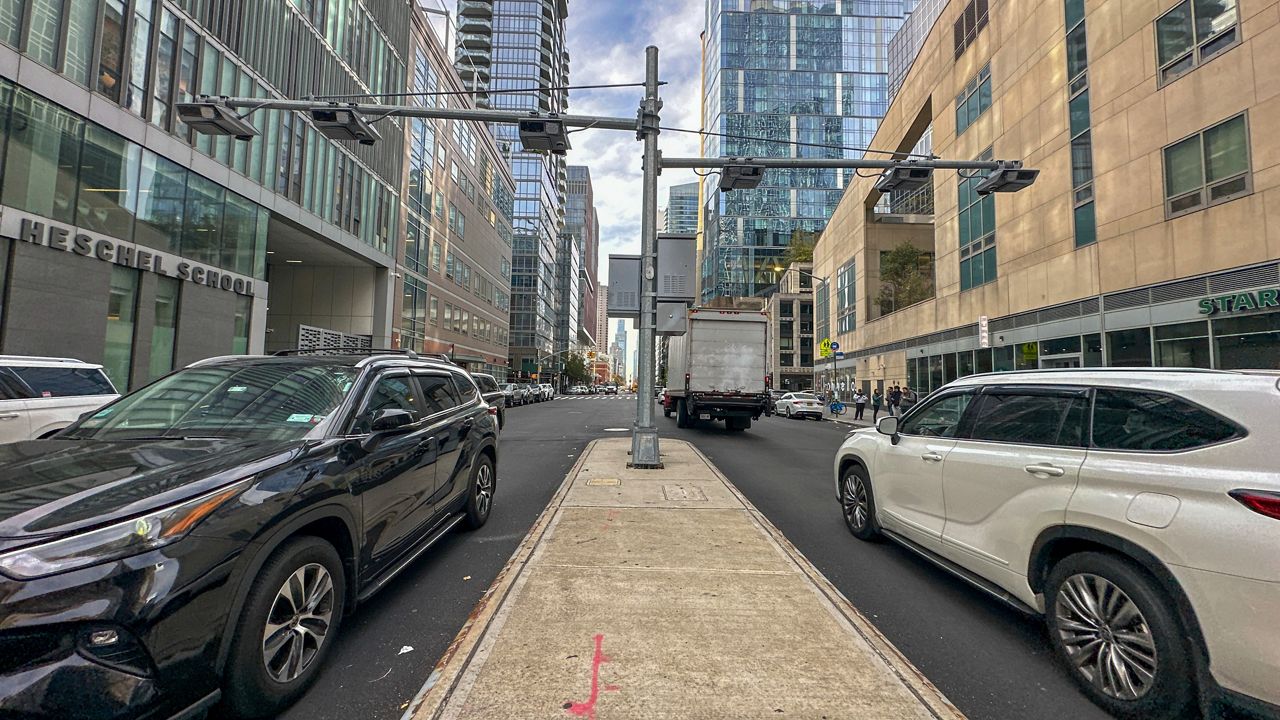Disability rights advocates were back in court 10 years after a landmark settlement with the Taxi and Limousine Commission.
The settlement mandated the agency to make half of its yellow fleet wheelchair accessible by 2020.
What You Need To Know
- The Taxi and Limousine Commission wants out of a 2014 agreement to make 50% of its yellow cab fleet wheelchair accessible
- When the class-action suit was filed in 2011, less than 2% of the fleet was wheelchair accessible. Now, there are around 4,000 accessible taxis
- Disability advocacy groups argued in court for the judge to enforce the agreement
It was less than 2% accessible at the time. The deadline was extended to last year due to COVID-19 and the explosion of for-hire vehicles.
But they’re still not there.
“We want to be able to work, we want to get, we want to get out and have fun, we want to get to doctors’ appointments, we just want to live our lives,” Rebecca Wiliford, president and CEO of Disability Rights Advocates, said. “But instead, we’re fighting these battles just to get from point A to point B.”
In federal court, the same judge who approved the initial settlement ordered the TLC to submit a letter with data and solutions on how to meet the requirement.
This follows court papers seeking enforcement of the agreement earlier this year showed the agency wanted out of it completely.
“We hope they honor their obligation because prior to coming to court today, they clearly didn’t,” Damani Sims, one attorney with Sheppard Mullin representing the plaintiffs in the class-action suit, said.
On Tuesday, the city’s lawyer argued the TLC shouldn’t be required to fulfill the agreement because only about 9,000 of 13,587 medallions are active now. Also, of that, about 4,300 are accessible, which is nearly 50% of those on the road.
Sims said that’s not enough.
“Vehicles get retired. There are multiple vehicles out in service right now that are going to be retired at some point this year,” Sims said. “We need to make sure that those vehicles get replaced by wheelchair-accessible vehicles. So, it’s not sufficient for them to just say, well, our active medallions are wheelchair accessible at a 50% percent rate. That doesn’t help our clients.”
The TLC is holding a hearing on a rule change Wednesday that would raise the incentive to convert a taxi to a wheelchair accessible vehicle, or WAV. This would also allow them to remain on the road longer.
However, there’s still another rule that allows a medallion owner who has WAV that needs to be retired to get a conventional car, though owners of retiring cars must get a WAV.
“We insist the TLC change that rule. Because 100% of the new entrants into the market or into service under TLC should be wheelchair accessible,” Sims said. “And that would go a long way to resolving this issue.”
The judge gave the TLC two weeks to submit their letter to the court with their proposals on how they could fulfill the agreement, along with data to back it up.
The plaintiffs have 10 days after that to respond.




_PKG_TLC_Court_Hearing?wid=320&hei=180&$wide-bg$)

_Dnt_MTA_Fare_Gates_Clean)


